It is generally not recommended to undergo double eyelid surgery at the age of 60. As age increases, skin elasticity decreases, recovery ability weakens, and surgical risks relatively increase, which may lead to poor healing, obvious scars, and other problems. But if the skin around the eyes is severely loose and affects vision or quality of life, careful consideration can be given after evaluation by a professional doctor. Elderly people's eye tissue is more fragile than younger people's, and the probability of bleeding during surgery increases. After surgery, they are prone to persistent swelling and slow regression of bruising. Thinning of the skin around the eyes may increase the difficulty of suturing and increase the probability of unnatural double eyelid morphology. At the same time, the elderly are often accompanied by hypertension, diabetes and other basic diseases, which will further increase the risk of anesthesia and the probability of postoperative infection. For elderly patients with severe upper eyelid ptosis, if the sagging skin obstructs the line of sight and causes inconvenience in daily life, medical eyelid reconstruction surgery may be a necessary choice. At this point, it is necessary to choose an experienced plastic surgeon to conduct a comprehensive preoperative evaluation of indicators such as cardiopulmonary function and coagulation status, and adopt a minimally invasive surgical procedure. More meticulous care is needed after surgery, including extending the suture removal time and strengthening anti infection measures.
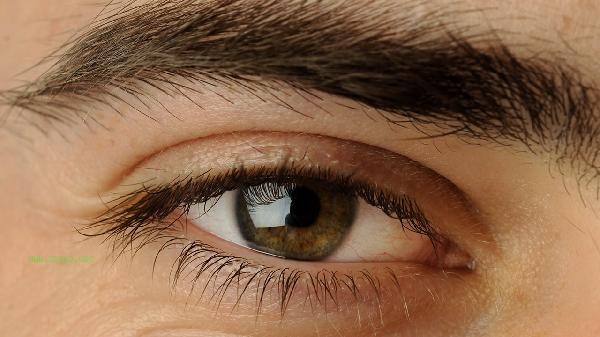
It is recommended that people over 60 years old prioritize non-surgical improvement methods, such as radiofrequency tightening, laser lifting, and other minimally invasive treatments. Daily use can delay skin sagging by massaging the eye area with fingertips and using eye cream containing peptide ingredients. If surgery is necessary, one should choose a regular medical institution, avoid menstrual periods and acute exacerbation of chronic diseases, strictly follow medical advice for postoperative care such as ice compress and cleaning, and regularly review to ensure recovery.
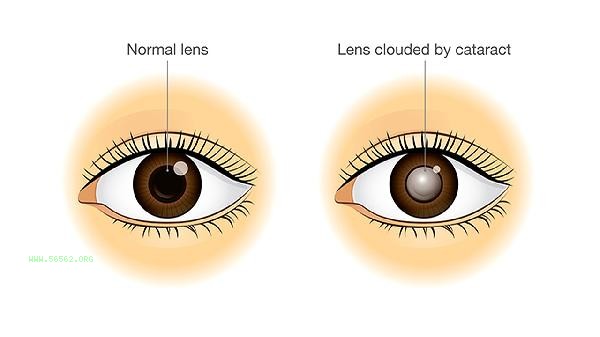
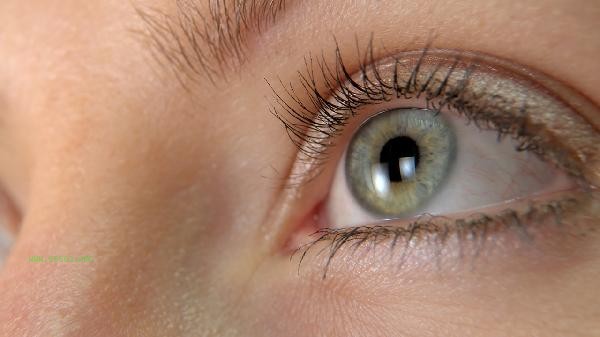

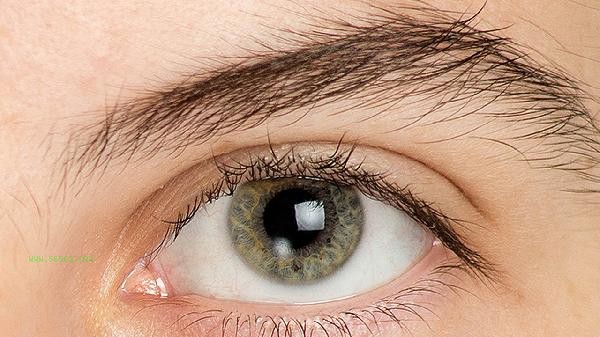

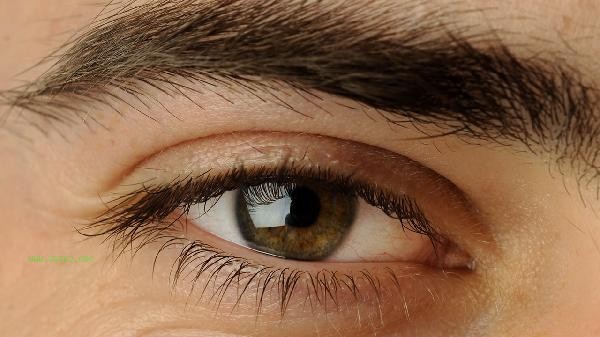




Comments (0)
Leave a Comment
No comments yet
Be the first to share your thoughts!